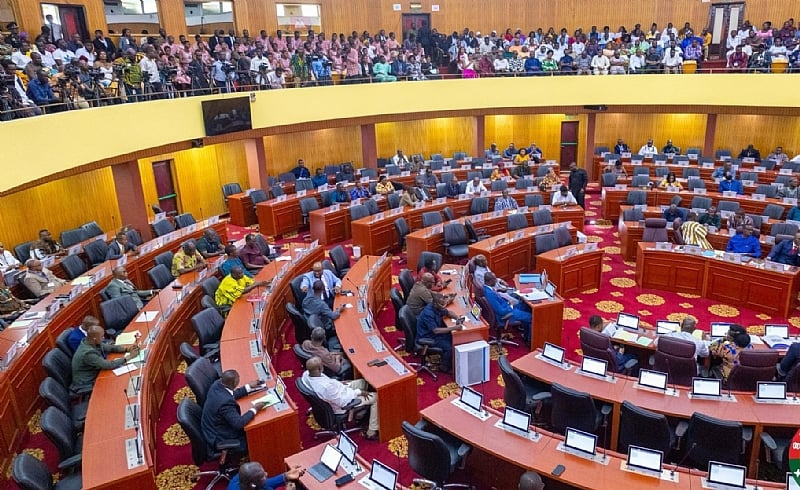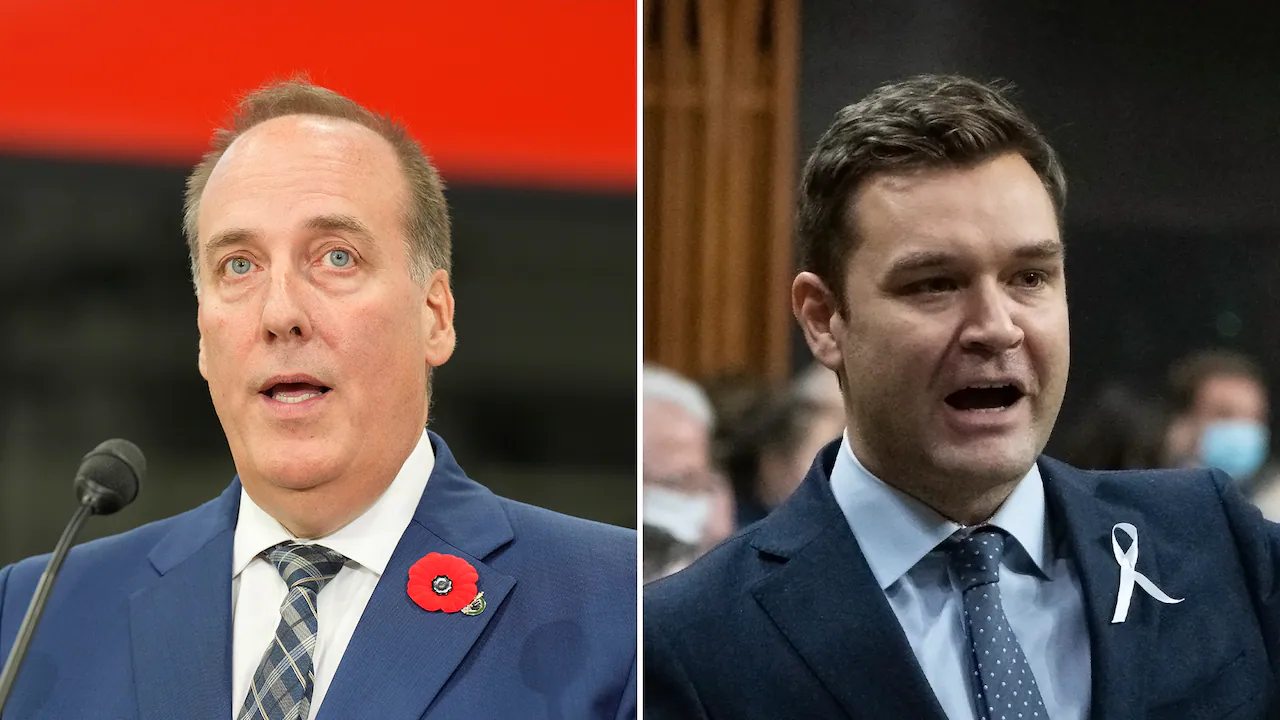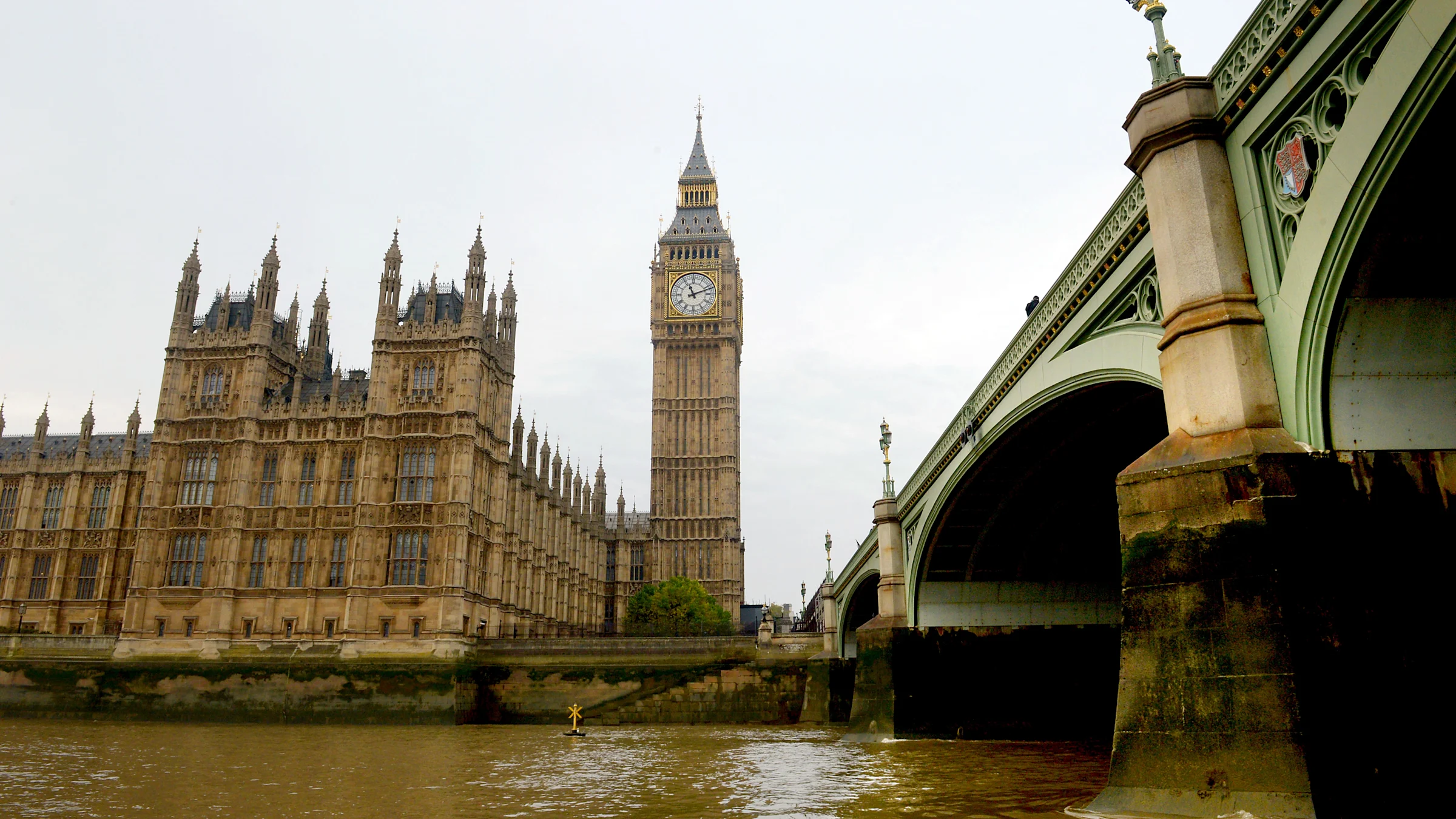Copyright modernghana

IntroductionWhen Walter Rodney published How Europe Underdeveloped Africa in 1972, he provided one of the most influential explanations for Africa's poverty. Drawing from Marxist and historical analysis, Rodney argued that European powers deliberately shaped Africa's economies to serve their own industrial expansion. The continent's resources were extracted, its labor exploited, and its indigenous industries suppressed. Colonialism, he said, did not just exploit Africa—it restructured its very economy to remain dependent on Europe. His book became a rallying cry for liberation movements across the continent. It provided African nationalists with the intellectual and moral framework to challenge imperial domination and reclaim economic self-determination. It also provided a clear explanation for why Africa remained poor while Europe prospered. However, more than fifty years later, that argument, though still historically accurate, has become a redundant debate. We already know why Europe came. They came to conquer, exploit, and enrich themselves. As Thomas Hobbes wrote in Leviathan, "man to man is a wolf." The Europeans behaved as wolves toward Africa—driven by appetite and ambition. The greater tragedy, however, is that we have bred wolves of our own—our politicians and bureaucrats. They no longer come from London or Lisbon; they live among us, wearing our clothes, speaking our languages, and waving our flags while draining the nation of its lifeblood. The new colonizers are not foreign; they are Ghanaians who govern without conscience. The Wolves among UsGhana's decline is not a tale of ignorance or poverty; it is a story of betrayal. Betrayal of leadership, of institutions, and of public trust. When the Union Jack or the national flag of the United Kingdom was lowered in 1957, Ghana was seen as Africa's brightest hope—rich in resources, disciplined in civil service, and ambitious in vision. Nkrumah promised to link freedom with industrial transformation. However, that promise was devoured by greed. Frantz Fanon, in The Wretched of the Earth, foresaw this tragedy. He warned that Africa's postcolonial elites would mimic their former masters, using power not for liberation but for accumulation. In Ghana, that prophecy became reality. The new rulers inherited the machinery of the colonial state but not its discipline. They kept the power structures but discarded the sense of duty. Today, Ghana's leadership is not a contest of ideas but of appetites. The wolves have multiplied and learned to smile. Politics as Commerce, Bureaucracy as Collusion Politics in Ghana has become a commercial enterprise. Campaigns are financed as investments, and victory is treated as ownership. Once in office, politicians must recover their costs through inflated contracts, padded budgets, and dubious partnerships. The bureaucracy—once the conscience of the state—has become its collaborator. Civil servants inflate estimates, backdate approvals, and manufacture reports. Contracts worth ten million are awarded for twenty. Bridges, schools, and hospitals are commissioned on paper but unfinished on the ground. The bureaucrat, who should defend legality, now perfects the paperwork of theft. Corruption has grown more sophisticated than ever before. The theft of today does not occur with force but with formulas—carefully structured within budgets and balance sheets. Kickback: The Silent CatalystAlthough examined in detail elsewhere, no discussion of Ghana's corruption is complete without mention of kickbacks—the hidden commissions that grease the machinery of graft. In Ghana, kickbacks are no longer exceptions; they are expected. Before a contract is signed, a quiet "percentage" changes hands among political patrons, contractors, and bureaucrats. Once that exchange occurs, the project's integrity is compromised before it even begins. Half of the funds are lost to bribery, and the rest barely sustains half-done work. The culture of kickback ensures that public money rarely serves the public—it serves those in power. Over-Inflation and Fiscal DeceptionOverpricing has become one of Ghana's most common instruments of corruption. It is subtle and systemic, making it nearly impossible to detect. The figures appear legitimate; deception lies within them. A road that should cost GH₵20 million is approved for GH₵40 million. A school project meant to take six months drags on for years. The excess funds are quietly shared among political patrons and bureaucratic facilitators. These distortions explain why infrastructure collapses almost as soon as it is completed. Contractors cut corners to recover their hidden expenses. The result is a vicious cycle: Ghana continues to build, but nothing truly stands. Even national budgets have become instruments of manipulation. Ministries submit inflated proposals, padded with ghost projects and exaggerated costs. Parliament, captured by party loyalties, approves them without scrutiny. Thus, fiscal irresponsibility is a form of legalized corruption. Offshore Banking and the Flight of Capital If inflated contracts drain Ghana internally, offshore banking bleeds it externally. Every year, millions of dollars flow out of Ghana through hidden accounts and shell companies registered abroad. These are not private investments but stolen public funds disguised as foreign deposits. The irony is brutal: Ghana borrows billions from international lenders while its own leaders secretly hoard national wealth in foreign banks. We pay interest to the same system that hides our stolen money. This is modern colonialism in reverse. In the colonial era, Europe extracted wealth from Africa to develop its cities. Today, Ghana's elite export stolen funds to Europe to enjoy its comforts. The logic remains the same: the continent continues to be a donor of wealth to the world, not through trade, but through corruption. The Consultancy MirageAnother invisible device of underdevelopment is the phantom consultancy. Projects that require no expert oversight are assigned to "consultants" whose names are conveniently linked to ministers, party financiers, or family members. They offer no technical value, but they receive enormous payments for "capacity building,” "monitoring," or “technical advice.” The consultancy model can mask corruption as professional. The paperwork appears legitimate, the contracts seem technical, and the public assumes that due process was followed. Nevertheless, the result is the same: money vanishes, projects stall, and the nation pays for services never rendered. Through these deceptive mechanisms—kickbacks, overpricing, offshore banking, and false consultancy—Ghana's economy bleeds quietly. The crime is not noisy but structural. The Galamsey CatastropheIf corruption in Accra destroys the treasury, corruption in the countryside destroys the earth. Illegal mining, also known as galamsey, has become the ecological face of moral failure. Rivers that once nourished communities—the Pra, Ankobra, and Offin—now flow thick with mercury and cyanide. Forest reserves are stripped bare, and fertile farmlands are turned into barren wastelands. This is not a story of poor villagers trying to survive. It is a story of political complicity. Many of the galamsey operations are financed and protected by influential people—politicians, chiefs, and officials—who quietly profit while publicly condemning the practice. Galamsey is the visible wound of invisible corruption. It shows that the same greed that inflates budgets in Parliament also poisons the rivers in Tarkwa. The destruction of our environment is not a byproduct of poverty but of unrestrained avarice. Education Without EthicsThe wolves were not born corrupt; they were educated into corruption. Ghana's education system produces brilliant minds but not upright souls. It teaches science without conscience and economics without ethics. Students memorize facts but never learn civic virtue. Plato once said that evil is born of ignorance, but Ghana has proven him wrong. Here, the most educated often commit the most elaborate crimes. Our politicians and bureaucrats understand the law too well—they know how to twist it to their advantage. The absence of moral philosophy in our education has created a generation that confuses intelligence with integrity. We have learned to admire cleverness more than character, wealth more than worth. Until education trains both the mind and the conscience, Ghana will continue to produce predators disguised as professionals. The Moral Collapse behind the Economic Crisis Ghana's economic malaise—characterized by rising debt, unemployment, and inflation—is not merely financial; it is also ethical. A society that normalizes dishonesty cannot prosper. Corruption has become a culture, and indifference its companion. Institutions such as the Auditor-General, CHRAJ, EOCO, and the Office of the Special Prosecutor are paralyzed by politics. Reports are written but not enforced. Investigations start with enthusiasm and end in silence. Justice in Ghana has become selective, prioritizing power over the pursuit of truth. The greatest tragedy is not that corruption exists, but that it is expected. Our collective conscience has gone numb. Reclaiming the RepublicGhana's redemption will not come from new loans or foreign aid. It will come from moral reconstruction and institutional integrity. We need radical transparency—open budgets, published contracts, and traceable transactions. We need meritocracy—appointments based on competence, not connections. Moreover, we need moral re-education—schools that teach ethics, civics, and philosophy as the heart of nation-building. Let students read Aristotle's Nicomachean Ethics, Marcus Aurelius' Meditations, and the writings of African moral thinkers like Kwame Gyekye and K. A. Busia. Let them learn that character is not optional in leadership—it is its foundation. Conclusion: The Empire WithinWalter Rodney was right that Europe underdeveloped Africa. However, Ghana is currently underdeveloped by its own people. The new imperialists are not foreigners—they are our politicians, bureaucrats, and the silent collaborators who inflate prices, launder money offshore, collect kickbacks, and destroy our environment for profit. No foreign power keeps Ghana poor. We do that ourselves, through the endless hunger for privilege and the moral blindness that excuses it. The colonial governor has returned in Ghanaian clothing, and the chains we wear are self-forged. The subsequent liberation struggle must not be against Europe but against the empire of greed within us. Until we educate both the mind and the conscience, Ghana will remain what it has become: a rich land ruled by poor hearts.



